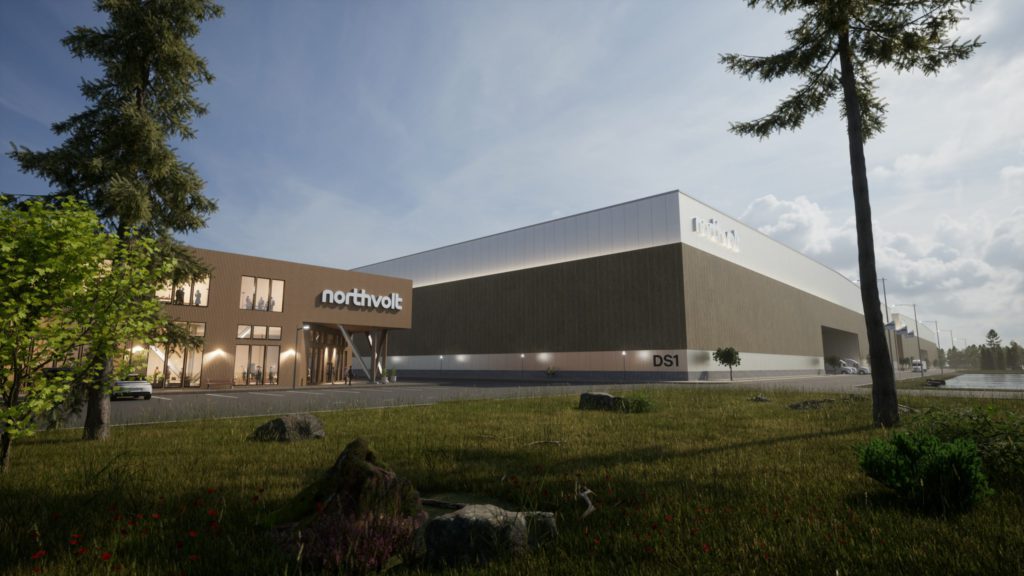Northvolt endures bomb scare at Quebec battery plant site


Northvolt, a private Swedish electric vehicle battery maker backed by Volkswagen, BMW and Volvo, said it found potential fire bombs under heavy machinery at a plant site under construction near Montreal in the latest round of attempted sabotage.
Police removed several Molotov cocktail-style devices on Monday morning and started an investigation, company co-founder and North American unit CEO Paolo Cerruti told reporters at a news conference within hours, the CBC and other news outlets reported. The ignition system for the devices was basic and somewhat delayed, Cerruti said.
“Thank God it didn’t work,” the CEO said. It was done with "the clear intention of injuring our workers and presumably slowing down our operations," he said.
Northvolt temporarily suspended work on the $7 billion project which is entering a stage to build roads and sewers on the 170-hectare site. The plant is to start production by late 2026 to make 60 gigawatt-hours of batteries a year, enough to power 1 million vehicles, according to the company.
Quebec, with government funding, pro-mining policies and marketing, is vying with Ontario to supply leading automakers with the battery metals they need for electric vehicles. Canada is targeting all vehicles sold by 2035 to be zero-emission. The town of Bécancour near Trois Rivières has Ford’s $1.2 billion proposed battery materials plant and General Motors’ $600 million planned cathode facility. They’re linked by highway and the St. Lawrence Seaway with Ford, GM, Stellantis and Toyota factories in southern Ontario.
The project faces opposition from environmentalists for perpetuating car culture and from the local Mohawk Council of Kahnawá:ke for building on environmentally sensitive land and allegedly without proper consultation. The First Nation sued Quebec and the federal government in January to stop construction, saying they breached duties to consult. Quebec Superior Court denied the injunction and work resumed.
Comments